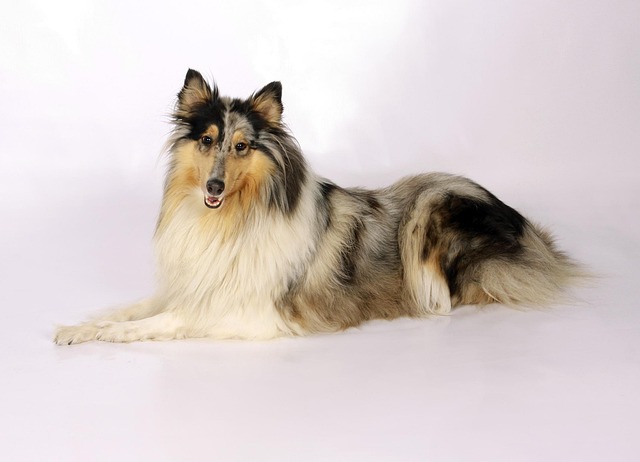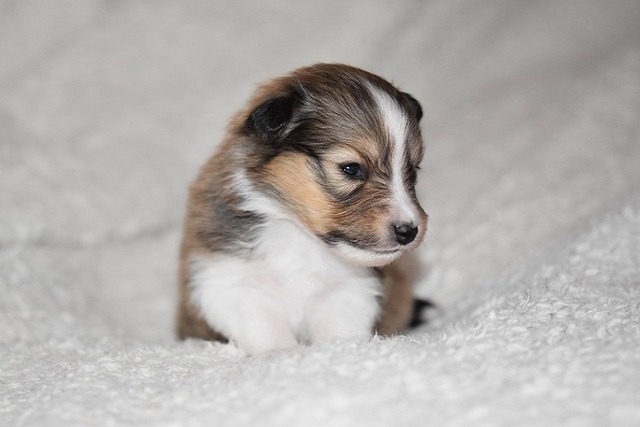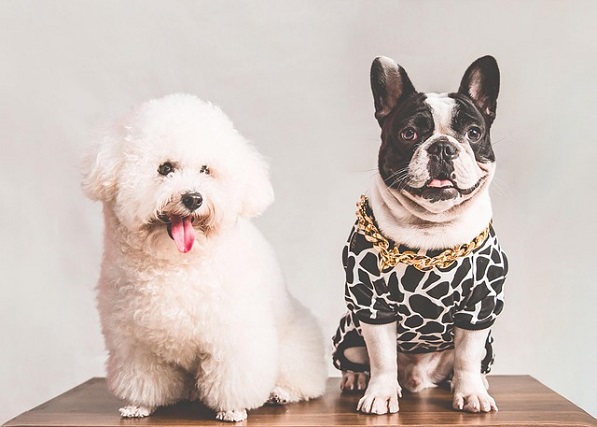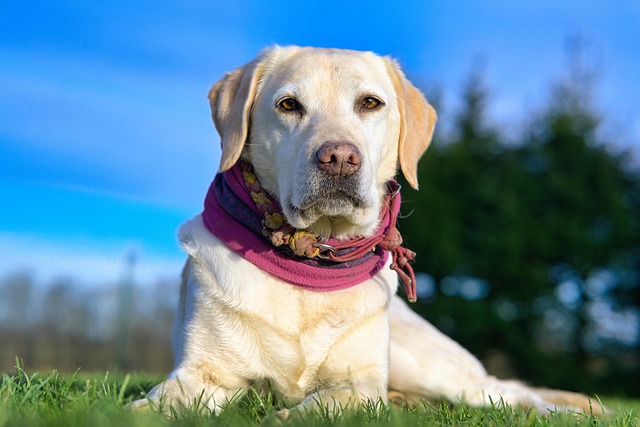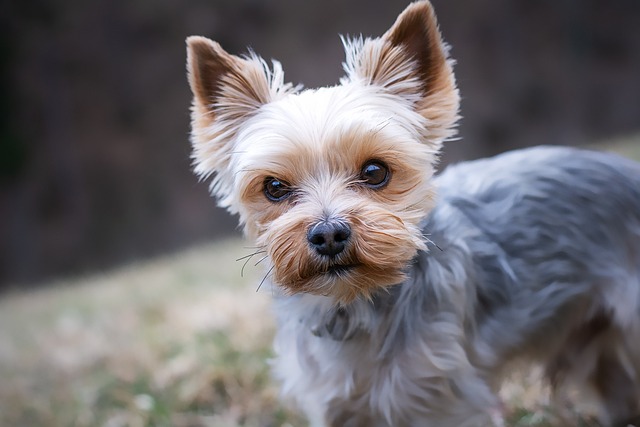Many new puppy owners come across the enticing idea that their furry friend can be fully house trained in just five days. It’s a tempting promise, especially for busy households eager to establish routine and prevent accidents. But the reality is far less straightforward. While some puppies might show quick progress, expecting complete mastery in such a short timeline sets up unrealistic expectations and can lead to frustration. For most American pet owners, a science-based approach reveals that house training is a gradual process requiring patience, consistency, and a deep understanding of how puppies learn.
To understand why house training takes time, we need to delve into puppy behavior and their developmental stages. Puppies have limited bladder and bowel control, especially under 12 weeks of age. They simply aren’t physically capable of holding it for extended periods. Additionally, their learning process depends heavily on repetition and association. For example, teaching them to associate a specific spot outdoors with potty time requires consistent reinforcement and a predictable schedule. This doesn’t mean your puppy isn’t smart—it’s just how their young brains work. Rushing this process often leads to confusion, setbacks, and unnecessary stress for both the puppy and the owner.
So, what’s a realistic timeline for house training? While every puppy is unique, most can achieve reliable results in four to eight weeks with consistent training. Younger puppies might need closer to eight weeks, while older ones might progress faster. During this time, accidents are normal and should be seen as opportunities for learning rather than failures. If you’re aiming for success, remember that gradual improvement is the goal, not perfection overnight. By setting realistic expectations, you’ll save yourself a lot of frustration and foster a stronger bond with your puppy.
Effective house training involves actionable strategies that are both practical and rooted in science. Start with crate training, an invaluable tool for teaching bladder control. Puppies instinctively avoid soiling their sleeping area, so a properly sized crate can encourage them to hold it until potty time. Pair this with scheduled potty breaks—every two to three hours for younger puppies, and always after eating, drinking, playing, or waking up. Positive reinforcement is equally crucial; reward your puppy immediately after they go in the right spot with praise or a small treat. Finally, remain calm when accidents happen. Punishing your puppy won’t help—they won’t understand what they’re being reprimanded for. Instead, clean up thoroughly to prevent lingering odors that might encourage repeat accidents.
It’s also vital to manage your expectations and reduce stress during this process. House training can be tiring, especially when accidents seem frequent or progress feels slow. But remember, setbacks are part of the learning curve. Approach training with empathy and patience, understanding that your puppy is still developing physically and mentally. Celebrate small wins—each successful potty break builds their confidence and strengthens their understanding. If you find yourself overwhelmed, consider reaching out to a local trainer or vet for guidance. They can offer tailored advice and reassurance to keep you on the right track.
By embracing a patient, science-based approach, you’ll set your puppy up for long-term success. House training isn’t just about preventing messes—it’s a foundational skill that builds trust and communication between you and your dog. Rushing the process or relying on unrealistic expectations like the “five-day myth” can undermine this bond. Instead, commit to consistent training, stay attuned to your puppy’s needs, and focus on progress rather than perfection. In the end, your efforts will pay off with a happy, house-trained companion who feels secure and understood in their new home.
